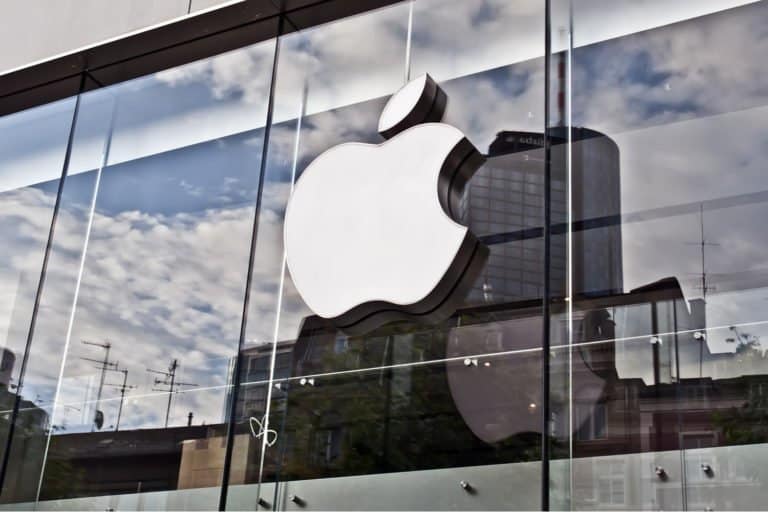After a setback at a major Japanese partner highlighted the dangers to its worldwide supply, Apple Inc. is looking into additional suppliers of memory chips used in iPhones, including its first Chinese maker of the vital component.
Kioxia Holdings lost a round of output due to contamination in February, which is why Apple is considering increasing its roster of suppliers, which currently includes Micron Technology and Samsung Electronics, according to individuals with knowledge of the situation.
Samsung and SK Hynix, the world’s top producers of flash memory, are expected to take up the slack.
Diversifying the network
Even with Samsung and SK Hynix stepping in, analysts say Apple is determined to diversify its network and mitigate the risk of future interruption from the pandemic and shipping issues.
The iPhone manufacturer is now evaluating prototype NAND flash memory chips produced by Hubei-based Yangtze Memory Technologies, the individuals said, declining to be identified because the discussions are private.
For months, Apple has been in talks with Yangtze, which Beijing-backed chipmaking powerhouse Tsinghua Unigroup controls, but no final decisions have been made.
An opportunity for China?
A deal for Yangtze and its well-connected parent would be a watershed moment in China’s efforts to develop a world-class homegrown chip sector capable of competing with the United States.
Memory is often a gateway for semiconductor firms hoping to create a national company since production skills matter more than the complicated designs required for advanced processors and other logic devices. It also requires significant investment to sustain.
Because ties between Washington and Beijing are eroding over China’s unclear position on the Ukraine crisis and American efforts to curb China’s technology ascension, a tie-up with Yangtze may expose Apple to domestic backlash. Legislators in the United States have long criticized Beijing’s support for and subsidization of domestic industries.
